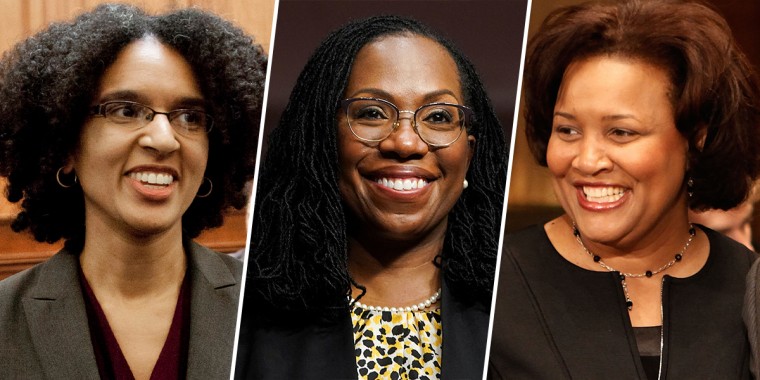US Steel Tariffs on Japan: All Negative Legacies Must Be Eliminated
However, an additional tariff of 25% will continue to be imposed on the portion that exceeds the quota. The current system will be maintained for aluminum products, which are subject to an additional 10% tariff.
This is unacceptable: The additional tariffs on steel and aluminum imposed by the previous administration of Donald Trump should have been completely eliminated. It is also unfortunate that Japan, which has been calling for the elimination of tariffs, has agreed to a tariff-free framework.
While the former Trump administration had a record of strictly confronting China's pursuit of hegemony, it also left a “negative legacy.”
This includes the self-righteous imposition of additional tariffs on Japan and the European Union, which should have united to address the issue of China's overproduction of steel on the grounds that they posed a security threat.
If the administration of Joe Biden were to cooperate with allies and other nations, it should first resolve all the pending issues inherited from the previous administration.
The tariff-free quota for steel was set 1.25 million tons per year based on the amount imported from Japan in 2018 and the following year, when additional tariffs were introduced. This is much less than the 1.73 million tons in 2017.
In October last year, the U.S. also agreed with the EU to introduce a tariff-free quota. The reason why the U.S. has not agreed to eliminate tariffs is probably because it wants to avoid opposition from steel industry workers in anticipation of this fall's midterm elections. However, unilateral additional tariffs on steel and other products are not in line with the rules of the World Trade Organization. The U.S. should not prioritize its own situation.
Minister of Economy, Trade and Industry Kōichi Hagiuda described the U.S. response as "a step toward a complete solution in a manner consistent with WTO rules," and said that he would continue to call for the elimination of tariffs in the future. In that case, we will have to strengthen our efforts in cooperation with the EU to ensure that the issue is not unnecessarily postponed.
There are other tariff issues between Japan and the U.S., such as the elimination of U.S. tariffs on Japanese cars. This should have been included in the Japan-U.S. trade agreement during the Trump administration, but the discussion has been postponed.
The Biden administration is trying to establish a "new economic framework" in the Indo-Pacific region in cooperation with Japan and other countries. In order to achieve this goal, it is important to resolve these outstanding issues between Japan and the United States, one by one.

